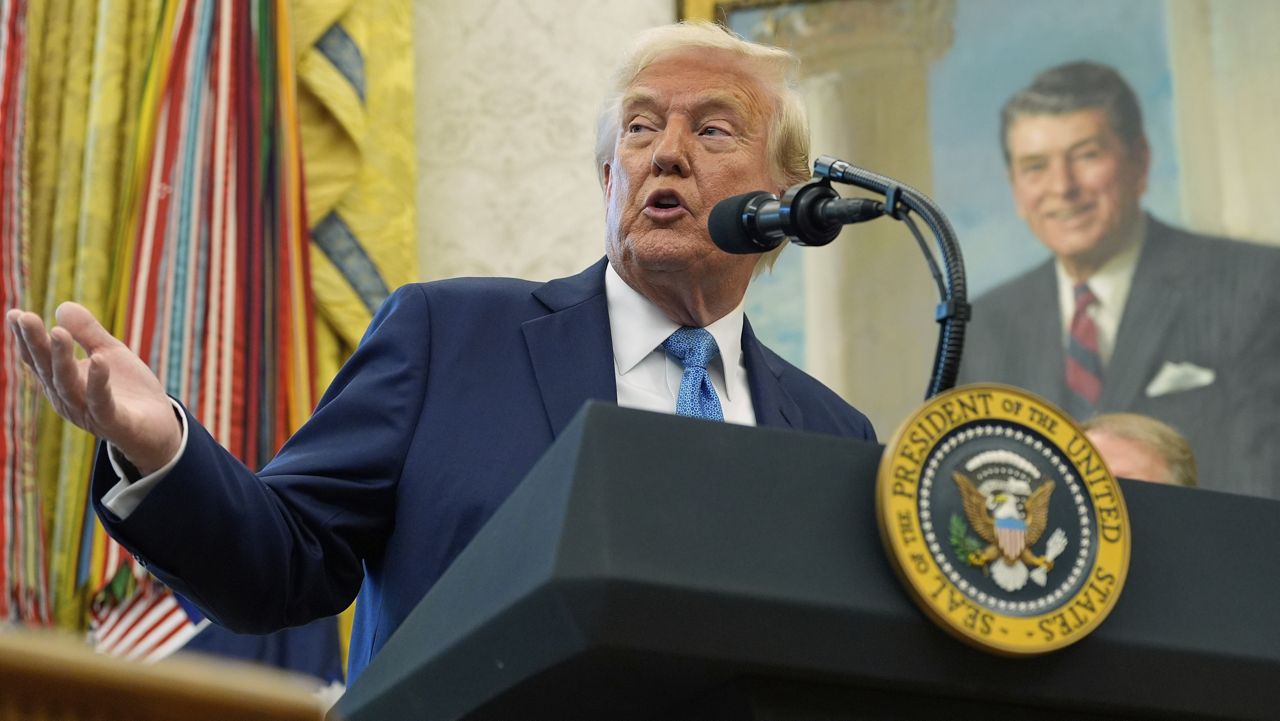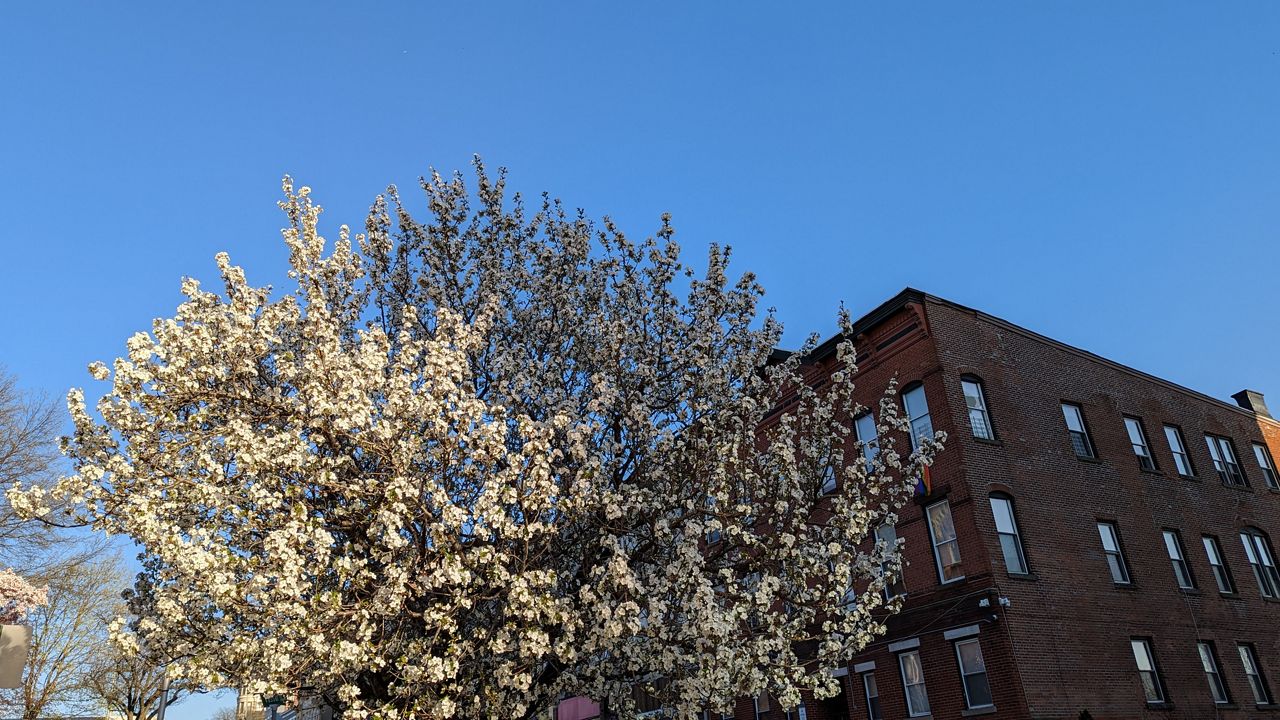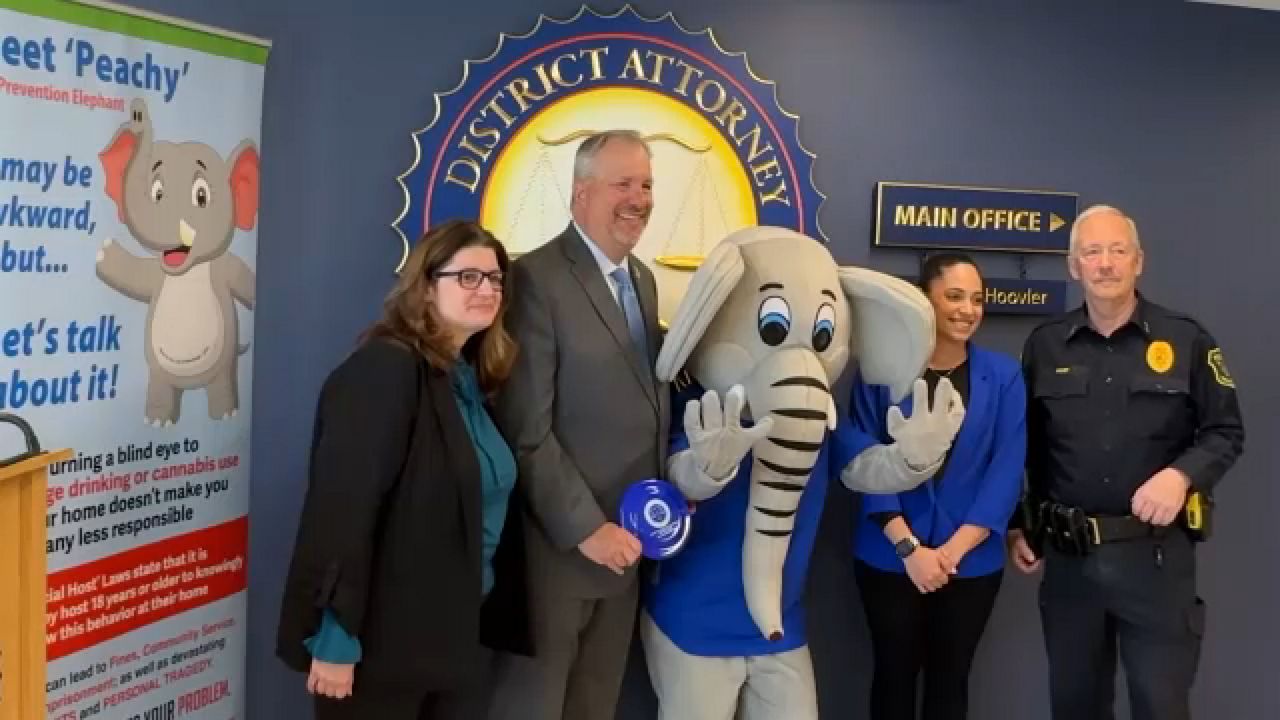Hannah Murphy is a senior at Marist College studying psychology and special education. She says she wants to work with elementary school kids once she graduates.
From an early age, she says she was interested in teaching, gaining experience from working at summer camps. It was there a counselor told her she should go for it.
“My supervisor and family friends who are teachers, and even my high school teachers, were like, ‘I see you as a teacher,'" Murphy said.
According to published reports, the country is facing a serious teacher shortage of over 100,000 teachers. But Marist is bucking that trend and Murphy is apart of it.
She isn't alone in her passion for education.
Carol Rinke, chair of Marist’s education department, says more than 400 students are enrolled in the college's program, and that number is only growing.
What You Need To Know
- The U.S. is facing a teacher shortage, which has only been exasperated by the pandemic
- Despite this, the Marist College Education Department is growing
- 400 students are currently enrolled
“We’ve seen a lot of interest in education. We’ve had growth in our programs, both this year and the year to come," Rinke said. "And we’ve had really good experiences with students out in the field who have been able to get into classrooms, who have been able to adapt their teaching to the new technologies and had really in-depth experiences with kids, even though the pandemic is ongoing.”
For Murphy, she admits she was apprehensive about becoming a teacher in the middle of a pandemic, especially before vaccines became available.
“I’d say, at first I was nervous. You didn’t know what was going on. Being sent home as a college junior in the middle of midterms week is frightening," Murphy said.
But now that she’s received a vaccine, she’s ready to get into a classroom. She says it's important for her to be able to help kids, especially right now.
“I want to be there for the students, make sure we’re going through everything they need to learn to succeed, helping them with anything, but even just being that person for them. You don’t know where kids are coming from, who they live with, what they might be going through, especially during a pandemic," Murphy said.










